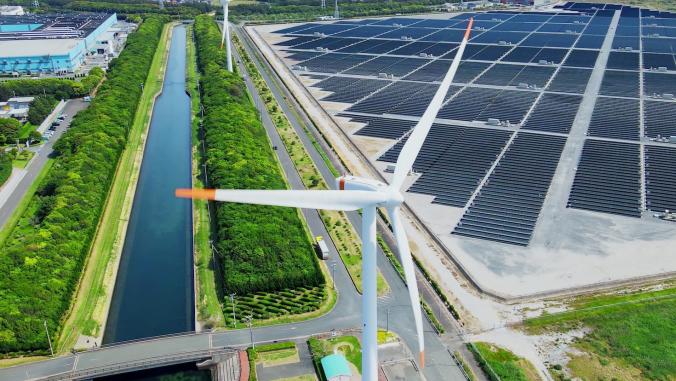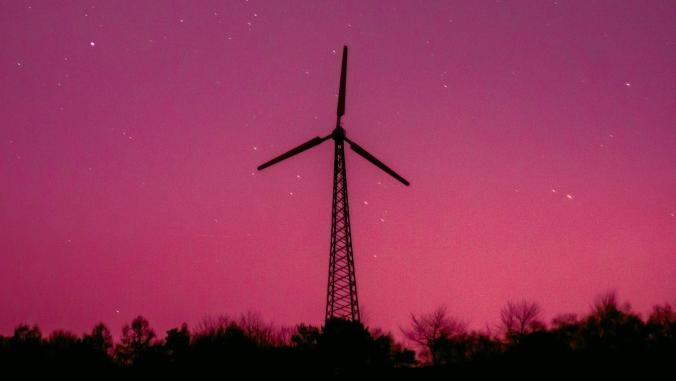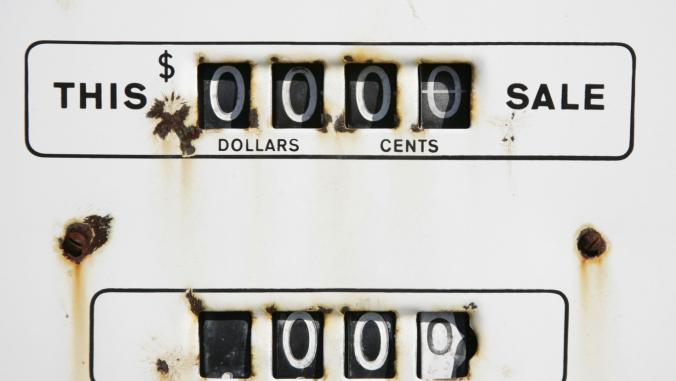A pioneering green steelmaking plant in Sweden has successfully demonstrated the feasibility of using fossil fuel-free hydrogen gas rather than coking coal for production processes, marking a "critical milestone" on the road to decarbonizing the steel industry, according to the companies behind the high profile project.
HYBRIT — a joint venture company between Swedish state-owned utility Vattenfall, iron ore miner LKAB and steelmaker SSAB — has produced its first 100 metric tons of sponge iron using hydrogen at the pilot plant, having started test operations at the Luleå site in September.
It is the first time that hydrogen made with fossil fuel-free electricity has been used at pilot scale in the first reduction of iron ore, which is a critical part of the steelmaking process, the companies said.
Steel is a crucial material for building wind turbines, electric vehicles and other future clean technologies, but the steelmaking process itself is highly energy-intensive, and the lion's share of production worldwide is reliant on coking coal, making it a major decarbonization challenge for the net-zero transition.
HYBRIT's ultimate goal, however, is to eliminate CO2 emissions altogether from the steelmaking process by using only fossil-free feedstock and fossil fuel-free energy in all parts of the value chain, with a view to being first to market with green industrial-level steel as early as 2026.
It follows the news last week that carmaker Volvo has inked a deal with SSAB to purchase steel made from hydrogen-reduced iron at the Luleå HYBRIT demonstration plant, also backed by the Swedish Energy Agency.
This technological breakthrough is a critical step on the road to fossil-free steel.
Jan Moström, president and CEO at LKAB — the future supplier of sponge iron through the HYBRIT project — hailed the first production using hydrogen at the pilot plant as "a major breakthrough both for us and for the entire iron and steel industry."
"Progress with HYBRIT enables us to maintain the pace in our transition and already in 2026, we will begin the switch to industrial-scale production with the first demonstration plant in Gällivare, Sweden," he said. "Once LKAB has converted its entire production to sponge iron, we will enable the transition of the steel industry and reduce global emissions by around 35 million metric tons a year, which corresponds to two-thirds of Sweden's entire emissions. This is the greatest action we can take together for the good of the climate."
Martin Lindqvist, president and CEO at SSAB, said the potential of the system for producing zero carbon steel "cannot be underestimated."
"This technological breakthrough is a critical step on the road to fossil-free steel," he said. "It means that we can reach climate goals in Sweden and Finland and contribute to reducing emissions across Europe. At the same time, it creates new jobs and export successes."
In the U.K. the Climate Change Committee has recommended setting a target for steelmaking to reach near-zero emissions by 2035, but controversial plans to build a new coal mine in Cumbria to supply the steel industry are currently being weighed up as part of a public inquiry.
Meanwhile, as early as this year SSAB said it plans to deliver small quantities of steel made using hydrogen to customers, with a view to ramping up production to large-scale fossil fuel-free steel by 2026. "High-strength fossil-free steel will also allow us to help our customers to strengthen their competitiveness," added Lindqvist.
The hydrogen used at the plant is generated through electrolysis powered by clean energy, which splits water into its component parts of hydrogen and oxygen. In May, HYBRIT began work on building a pilot-scale hydrogen storage facility adjacent to the steel plant in Luleå.
Vattenfall President and CEO Anna Borg said the breakthrough "shows in a very real way how electrification contributes to enabling a fossil-free life within a generation."
"Sweden's and Vattenfall's fossil-free electricity is a basic requirement for the low carbon footprint of hydrogen-reduced sponge iron," she said.






